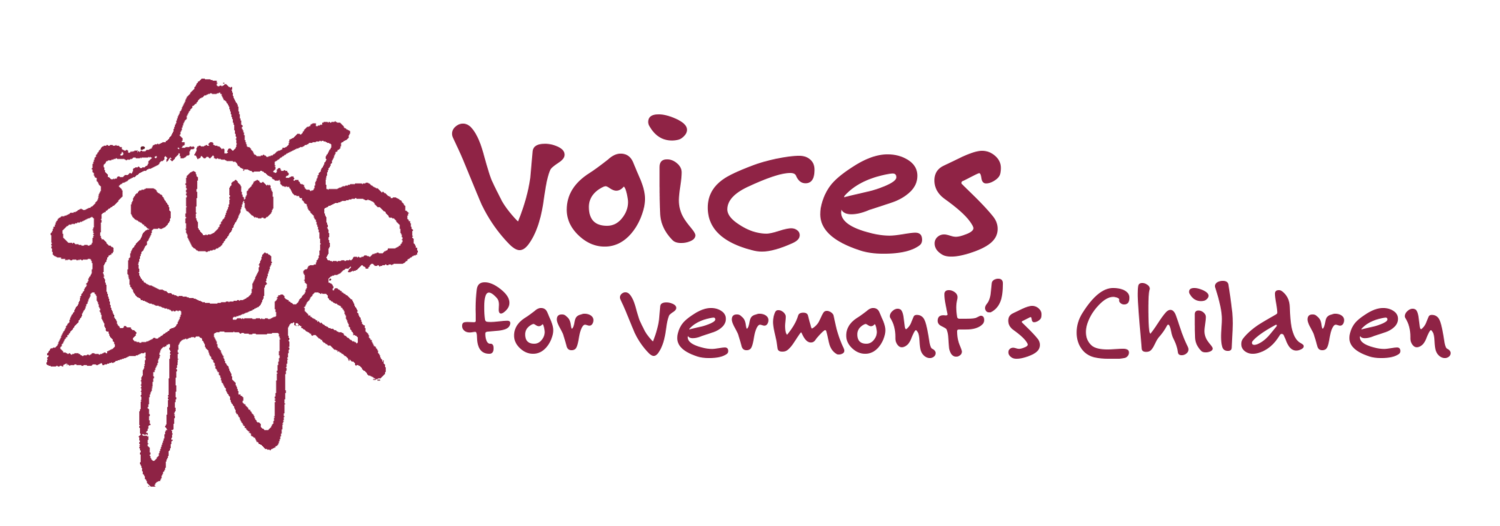Equity In Vermont Education System Requires Multi-Level Approach
Voices for Vermont’s Children, an independent child policy research and advocacy non-profit, released a new report today. Education Matters: The Impacts of Systemic Inequity in Vermont examines the impacts of rising social inequality on Vermont students and student achievement by looking at indicators like standardized test scores, school size, disciplinary practices, out-of-school time, and graduation rates.
“Educating our children is one of our state’s most important responsibilities, and public schools are integral to our communities. But the income gap in Vermont between those at the top and everyone else has never been wider. And that creates challenges for our schools and communities that we cannot ignore. Fortunately, Vermont’s equitable school funding system provides a solid foundation for the broader discussion that’s needed to ensure all Vermont kids have access to the educational opportunity they need and deserve. Education Matters starts that discussion,” says Paul Cillo, President of the Public Assets Institute.
The report acknowledges the importance of recent reforms aimed at closing gaps in access to pre- kindergarten, school meals, and out-of-school programs so that kids have the foundations they need to start school on strong footing. Nonetheless, 1 in 3 Vermont kids live in low-income families, and post-recession rebounds to the economy have benefitted the top income brackets, while middle income families have less to spare. “More and more kids are coming to school without the basic resources they need to be ready to learn,” the report says.
Growing inequality outside of schools is mirrored in educational outcomes for kids across the state. Children from low-income families, students with disabilities, and students of color score worse on standardized tests, are more likely to be suspended or expelled, are less likely to graduate on time, and are less likely to reach college or career-readiness, go to college, and graduate from college.
“We ask our schools, more than any other institution, to be an equalizer of opportunity. But the benefits of an education do not accrue equally to all members of our society, and the ‘myth of the meritocracy’ hinders our ability to work toward true equity in our schools,” says report author Molly Goldberg.
The report advocates for good data and evaluation methods to help us to understand how our schools are serving as interventions in or exacerbations of larger social inequities. Holly Morehouse, Executive Director of Vermont Afterschool says, “The Education Matters report calls for a sharpened and renewed focus on equity in our educational system, especially as Vermont moves towards a system that is flexible, personalized, student-centered, and proficiency-based. Now more than ever we need to make connections between learning that happens in the classroom and learning that happens beyond the school day in the out-of-school time. At the same time, it is critical that barriers to participation resulting from inequities outside of school are not allowed to perpetuate persistent and damaging gaps within our educational system.” The report also suggests a range of interventions that promote equity in schools, including the community schools model, in which schools are a hub of a community acting as a site for multiple services and serving all generations. Evidence shows that the integration of schools with their communities is important to the vitality of the school, but also of the community.
Co-author Dawn Moskowitz emphasizes, “We know the wellbeing of schools and communities are intimately connected. We must build on the strong foundation we already have in Vermont to ensure equitable outcomes for all our kids.”
###
Follow Voices for Vermont’s Children and this issue on Twitter @voices4vtkids and on Facebook https://www.facebook.com/voicesforvtkids.
Access the report at: http://www.voicesforvtkids.org/wp-content/uploads/Education-Report-2016.pdf
